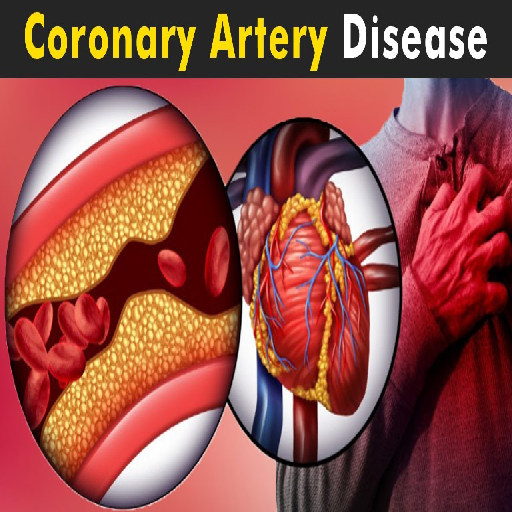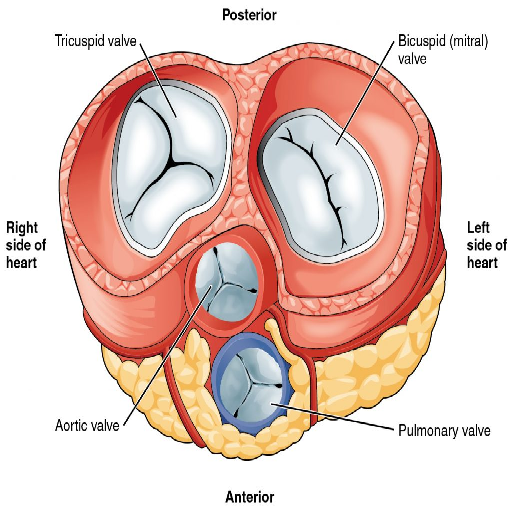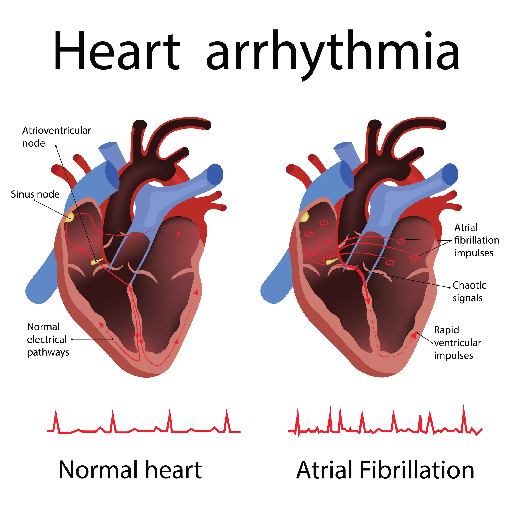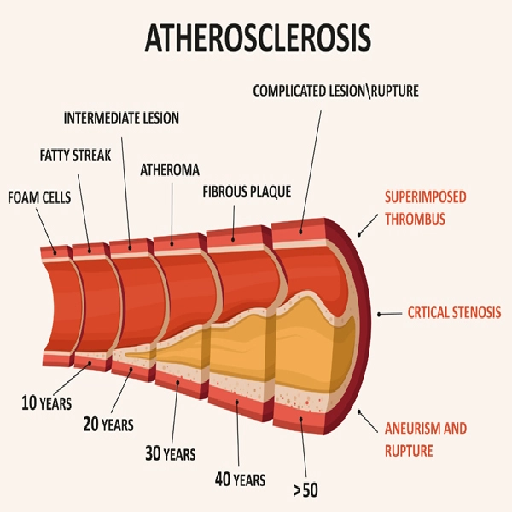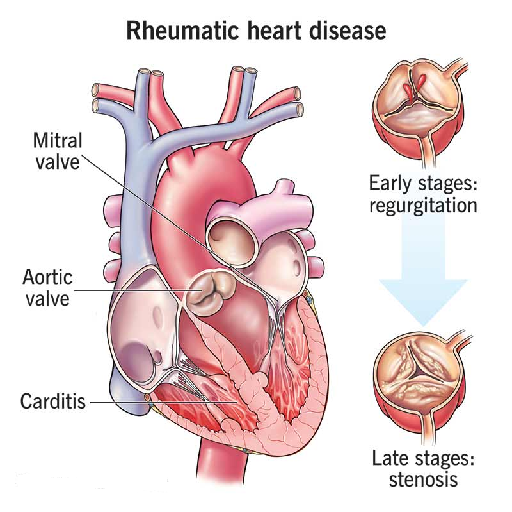Welcome to the Palpitations Information Hub of Best Cardiac Hospitals, where we provide in-depth insights into this common and often alarming symptom. Heart palpitations, described as a sensation of fluttering, pounding, or irregular heartbeats, can be unsettling but are often harmless. However, they can also signal underlying health issues, particularly those related to the heart. This guide will help you understand the causes, symptoms, diagnosis, and treatment options for heart palpitations, empowering you to take proactive steps for your well-being.
This hub serves as a comprehensive guide to heart palpitations, covering their possible causes, associated symptoms, diagnostic approaches, and treatment options. Whether you’ve experienced occasional episodes or persistent irregularities, our goal is to equip you with the knowledge and confidence to manage this condition effectively. With timely care and attention, you can address palpitations and focus on living a healthier life.


